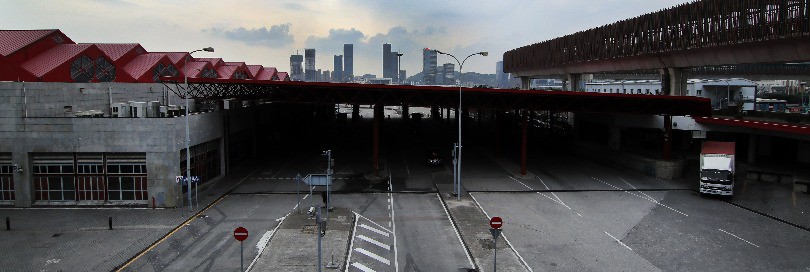- Case law
Neteisėtas prekių paėmimas iš laisvosios zonos ir skola muitinei

Photo by Macau Photo Agency on Unsplash
- Topic: muitai, mokesčiai pažeidimai
Comments ()
To post a comment you need to